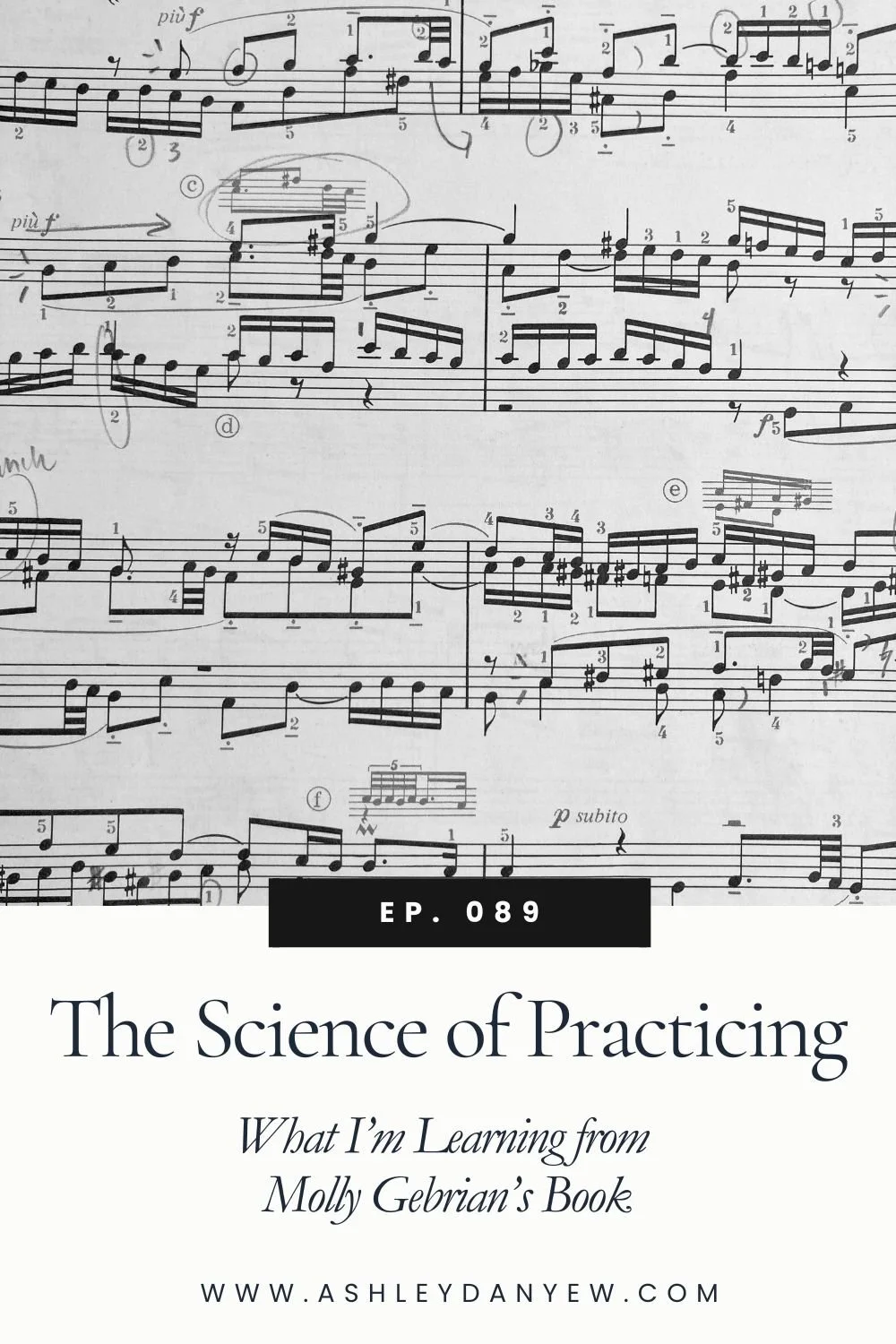One of the things I love about teaching is that we can draw on many disciplines to make our work better—art, psychology, learning theories, and even neuroscience. Recently, I’ve been reading about what brain research can tell us about practicing and how we learn, and it’s fascinating.
Welcome back to our 2-part series on practicing.
In part 1, we talked about the art of practicing. I shared what I’m learning from Madeline Bruser’s book, The Art of Practicing, and how I’m carrying these concepts and strategies into my practice sessions and studio.

















